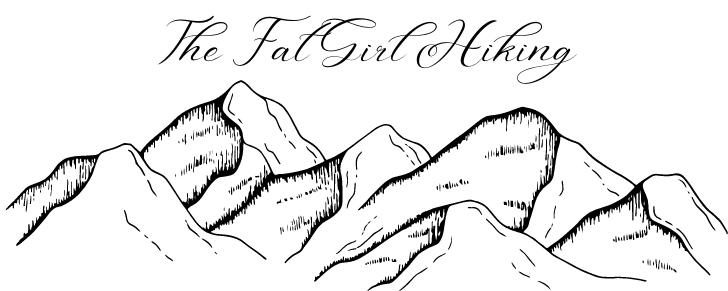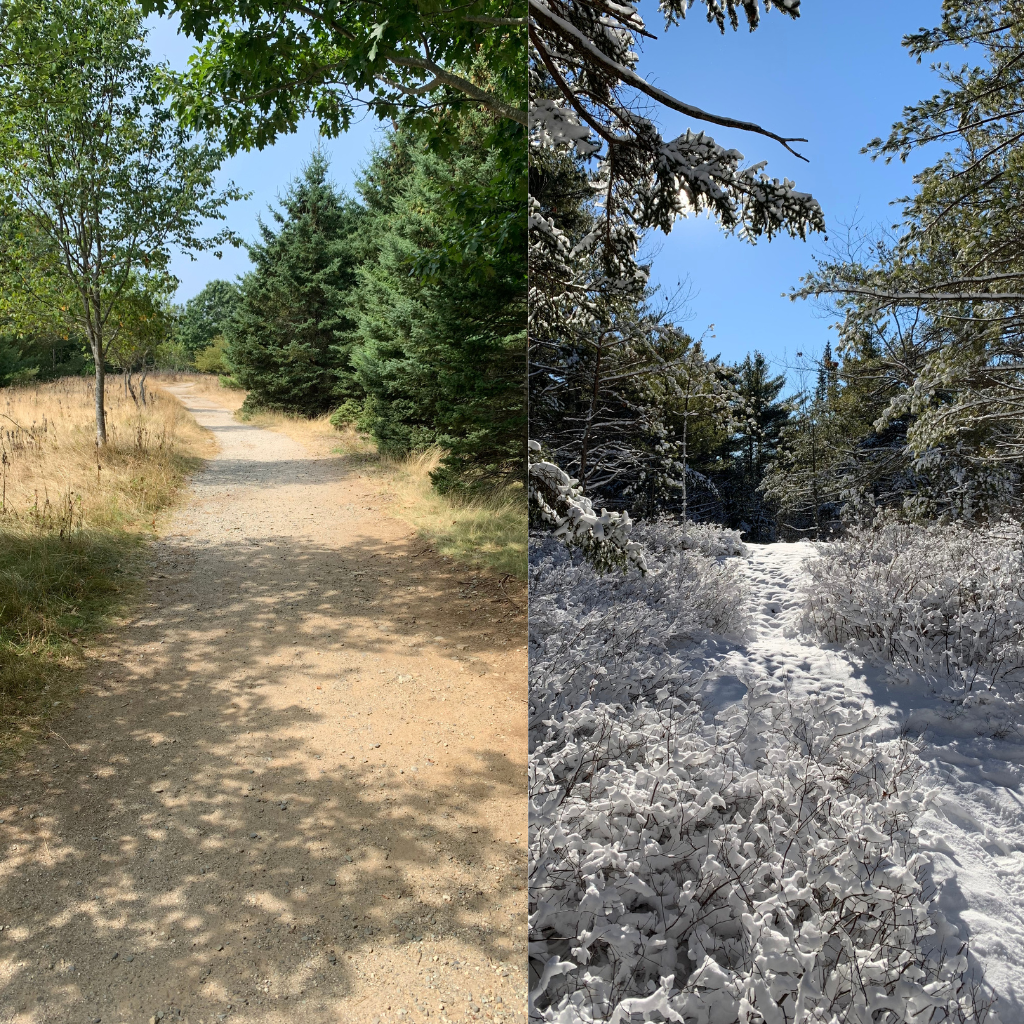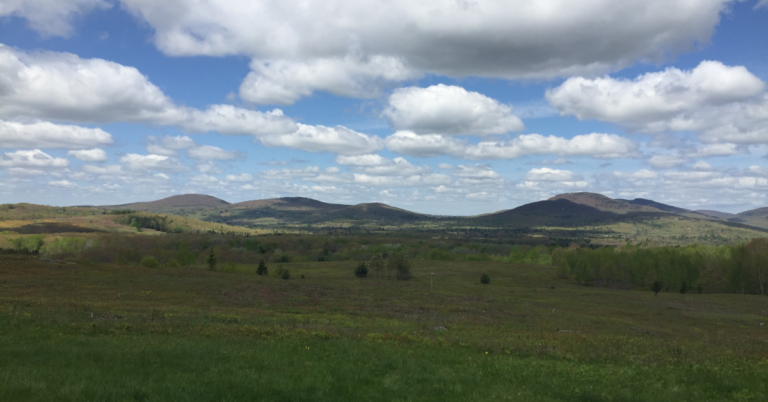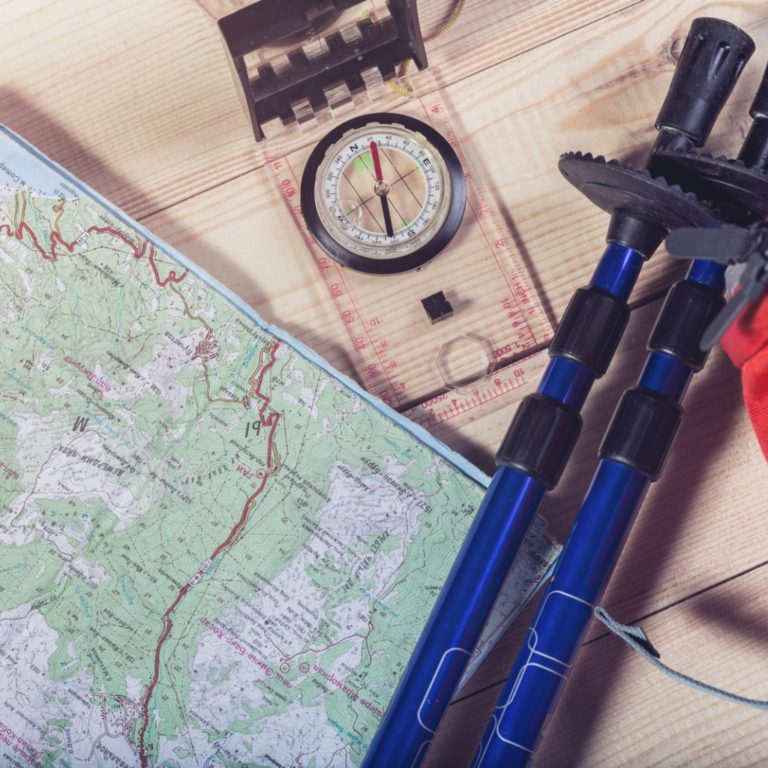Hiking VS Walking: The Difference Between Walking And Hiking

Are You Curious About What The Difference Is Between Walking And Hiking?
Walking and hiking are popular activities that can both be done outdoors for exercise, stress relief, and enjoyment. Although they might seem similar, there are some key differences between walking and hiking.
For example, walking is a generally slower-paced activity that is more suitable for those who want to enjoy a leisurely stroll in nature rather than push themselves physically. It’s also ideal if you don’t have much experience with outdoor activities. Meanwhile, hiking often involves more uneven terrain and elevation changes. As well as carrying gear or supplies, which can make it a much tougher workout than a long walk.
Having spent years hiking various trails myself, I have plenty of knowledge to share when people ask me about the difference between walking and hiking. As a beginner hiker myself once upon a time, I remember how confused I was about what exactly made walking different from hiking. Luckily now I know better and am happy to pass on my knowledge to others.

What is Hiking?
The official definition for hike is a long walk especially for pleasure or exercise.
Hiking is an outdoor activity that involves going for a long walk on a hiking trail, usually in nature. It’s a great way to get some fresh air, explore the outdoors and get some exercise at the same time. Hiking can be done solo or with a group of people. The difficulty level varies across different hiking trails. So there are options for any fitness level, from beginner hikers to more experienced trekkers. For beginner hikers, it’s important to plan ahead. Make sure you have the right gear. Take a map of the area, and enough water and snacks to last your entire hike. Additionally, it’s always best to research the trail beforehand to get an idea of how difficult it is as well as potential hazards along the way such as wildlife or tricky terrain.
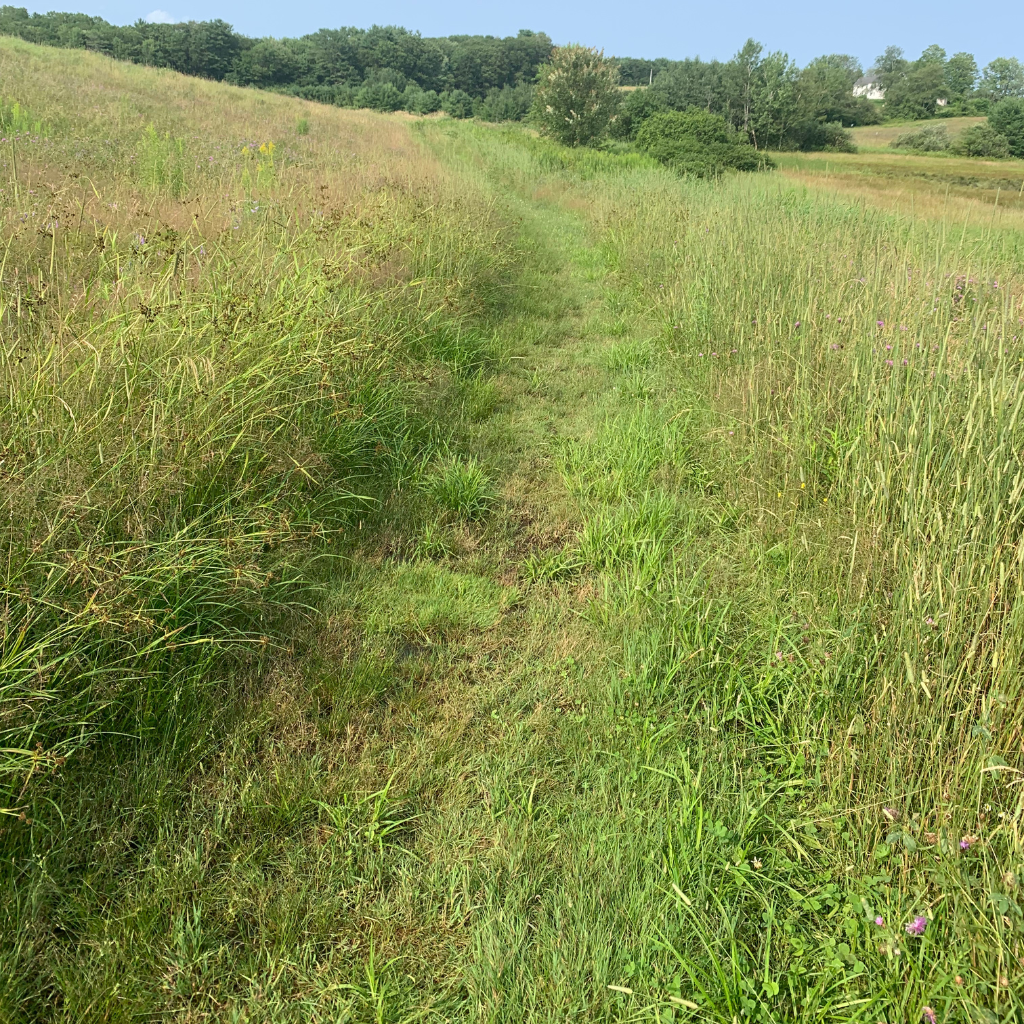
What is Walking?
The definition of walk is to advance or travel on foot at a moderate speed of pace. Or to move about or travel on foot for exercise of pleasure.
Walking is an activity that can be done by hikers of all levels, from beginner to advanced. However, it is different than hiking in some key ways. Walking is generally a slower-paced low-impact activity, as you take your time to appreciate the nature around you. Additionally, walking requires less physical fitness than more intense activities like running or mountain climbing. Going for a walk can provide a lower-stakes environment for beginners to explore the outdoors without feeling overwhelmed or intimidated. Walking can be done at your local park on a nice flat path. Or in an urban environment along the side of the road. Walking can consist of both short distances, especially if you are just getting started or longer distances for those in better shape.
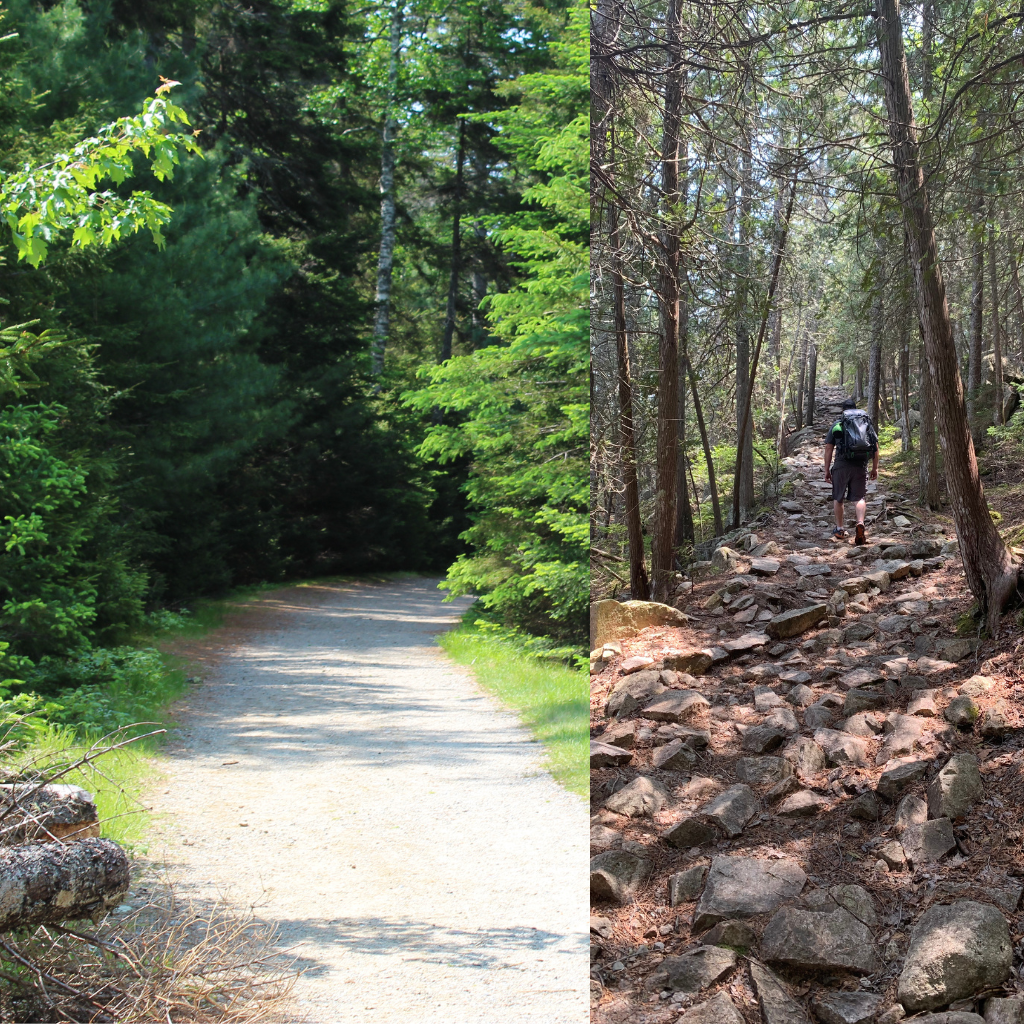
Hiking VS Walking
Both hiking and walking have fantastic mental health benefits and great physical health benefits. Hiking requires that you bring with you some special equipment like a backpack, first aid kit, extra water, map, jacket for a change in weather conditions, snacks and other items. Most importantly you will need to have proper footwear like hiking boots or in my case a trail running shoe.
A big difference between walking and hiking is the equipment needed. Walking usually only requires you to have comfortable walking shoes and your water bottle. When headed out for a casual walk in urban areas you usually won’t need to take the time to plan out an entire route, print maps, calculate how much water you need to carry, etc. You can just grab your water bottle and take a leisurely walk around your block or a local wilderness area.
Hiking often involves trekking on trails over more challenging terrain such as rugged terrain with roots, rocks and steep hills. This can help build up your leg muscles more effectively, making it an ideal way to strengthen and tone them. Hikers might also encounter different obstacles like rocks, roots, and creeks that they must navigate around or jump over. Walking paths are usually well maintained and easier to traverse; however, hiking can still be done at varying levels of difficulty.
Additionally, hiking typically offers much better views than walking since you’re usually higher in elevation when you’re traversing a trail. You’ll be able to see far-off vistas that you would have otherwise missed out on if you had just been walking down a path in the park. Both activities offer excellent benefits for your physical and mental health! So why not give both a try and see which one suits you best?
The Main Difference Between Walking And Hiking
Hiking and walking have a few key differences that make them unique activities. The main difference is in the terrain each covers and the distances involved. When walking, you stay mostly on a level flat surface like sidewalks, boardwalks, paved paths or other flat surfaces. On the other hand, hiking can involve all sorts of terrain. From dirt trails to rocky mountain passes with rough terrain. Walking is done over short distances while hiking usually involves covering much longer distances. In addition to longer distances, hikers require more equipment than walkers which I touched on above.
When Does Your Walk Become A Hike?
Beginner hikers should keep in mind that what makes one experience different from the other is not always clear-cut. And with hikes becoming increasingly popular due to their health benefits and access to nature and the great outdoors, it’s important for beginner hikers to know when they are pushing their boundaries on a walk versus taking on an actual hike.
Ultimately, understanding the difference between a walking and hiking comes down to self-awareness of your physical capabilities and fitness level. If you find yourself struggling with the terrain or quickly becoming exhausted during your outdoor excursions, it’s probably best to adjust your expectations back towards what would be considered just a walk.
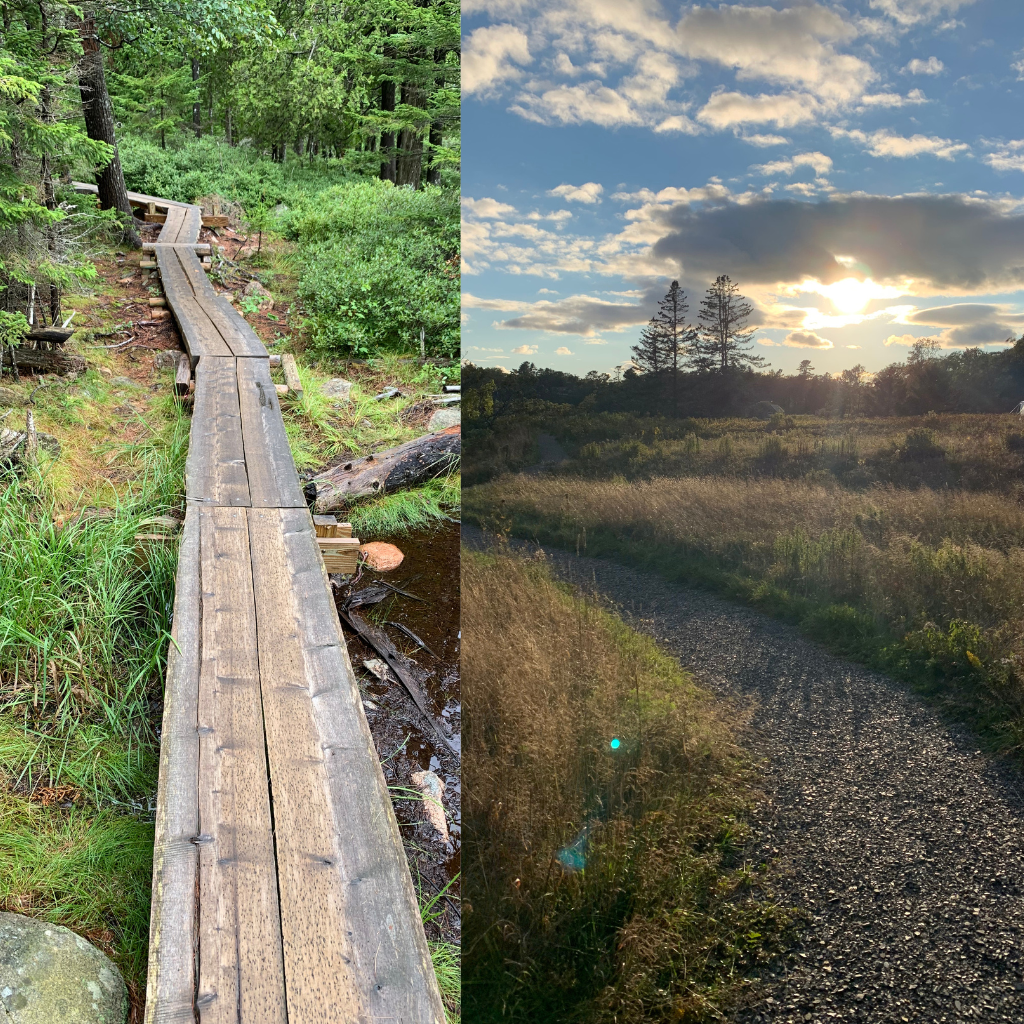
Is Hiking Or Walking Better For Weight Loss?
Walking and hiking are both excellent forms of exercise for weight loss, but which is better? It really depends on the individual’s personal preferences, goals, and abilities.
When it comes to walking, it’s generally considered a low-impact form of exercise that can be done almost anywhere. Walking also has a lower level of physical exertion. It’s easy to do and requires little equipment. You can do it with just a water bottle and a pair of walking shoes. You don’t need much space to walk either. This makes it a great option for those who have limited time, space, or resources. Walking is also easier on the joints than running or other higher impact exercises. Making it a good choice for people with joint pain or mobility issues. Your girl here needs to take her own advice and walk more!
In contrast, hiking is often seen as more strenuous and challenging because it involves trekking up hills and slopes in nature trails and parks. Hiking also usually takes place over longer distances so requires more physical effort and stamina and endurance than walking does. It can take longer to get into shape for hikes due to the physical demands involved compared to walking at a steady pace on flat terrain. However, if you have the necessary strength and stamina, the rewards of hiking can be greater when it comes to weight loss because you’re able to burn more calories in less time compared to walking at an even pace on flat ground.

Why I Started Hiking
I don’t know about you, but part of why I started this hiking journey was for weight loss and to physically feel better. While I have not yet hit my goal of losing 100 pounds, I have not gained anymore weight so I call that a win. Let me explain. In case you didn’t know I happen to like cake and other baked goodies and I work a desk job. Not exactly a good combo if you want to stay in shape and lose weight! Before I started hiking I was averaging a 10-15 pound weight gain every year. Since I started hiking I have had a weight loss of 12 pounds. Again, I tend to eat more than I need to. I have also gain muscle mass and physically feel better! I also do not walk or hike as much as I want or need to.
Why Is Hiking Harder Than Walking
Hiking is so much more than just taking a leisurely walk in the woods. It’s an activity that can push your physical and mental limits, and it requires extra preparation and knowledge of the outdoors. With an uneven terrain, varied weather conditions, and changing environments, hiking can be physically taxing on the body. It takes longer to cover the same distance as if you were walking on a flat surface because of all the changes in elevation. You also need to carry your own supplies with you such as food, water, navigation tools, warm clothing for temperature drops, making it even more challenging. Hikers sometimes have to make tough decisions while out on their hike in order to stay safe and complete their journey successfully.

The Health Benefits Of Walking And Hiking
Walking and hiking are great forms of exercise that can provide many health benefits, such as reducing the risk of heart disease and improving your heart rate, blood pressure, and calorie burn. Studies have found that walking for at least 30 minutes a day can reduce the risk of coronary heart disease by up to 19%. Additionally, walking and hiking can help to regulate your blood pressure and reduce high cholesterol levels which can help lower the risk of stroke. Furthermore, it is a great way to boost your metabolism, burning more calories and helping you maintain a healthy weight while reducing stress levels.
Hiking and walking are great for improving your mental health as well! Being out in nature provides a calming effect, allowing you to refocus your attention from daily stressors and relax. This helps reduce the symptoms of depression and anxiety as it can provide a sense of balance and peace. Not only that, but the physical activity itself also releases endorphins, further helping to reduce stress.
In addition, hiking and walking can also help to clear the mind and give you more clarity by allowing you to break away from daily routines. This can help provide perspective on life issues and help lead to better solutions. Furthermore, it’s an opportunity for self-reflection as well, with plenty of time away from distractions like cell phones or computers, you have the chance to really evaluate where your life is at this moment in time. This is another reason I love hiking! I will often take a journal with me and do a reflection writing at the summit or turn back point of a hike.
Final Thought On The Difference Between Walking And Hiking
Whether you are an experienced hiker or a newbie who is just starting out, there are important differences between walking and hiking that will help you make the most of your time in nature. Walking and hiking can both be great activities for physical exercise and mental well-being. Hiking requires more planning, gear, and physical ability than walking, but the rewards can be far greater. You can see amazing views, have wonderful conversations, and learn about yourself all while enjoying nature’s beauty.
In addition to experiencing all of these wonderful benefits from hiking on your own, signing up for emails from www.thefatgirlhiking.com will help you stay informed about the best new gear. If you are looking meet like-minded people to talk about hiking you can join our beginner hiking facebook group! So if you’re looking to take advantage of everything that comes with hitting the trails, don’t forget to sign up for our emails!
